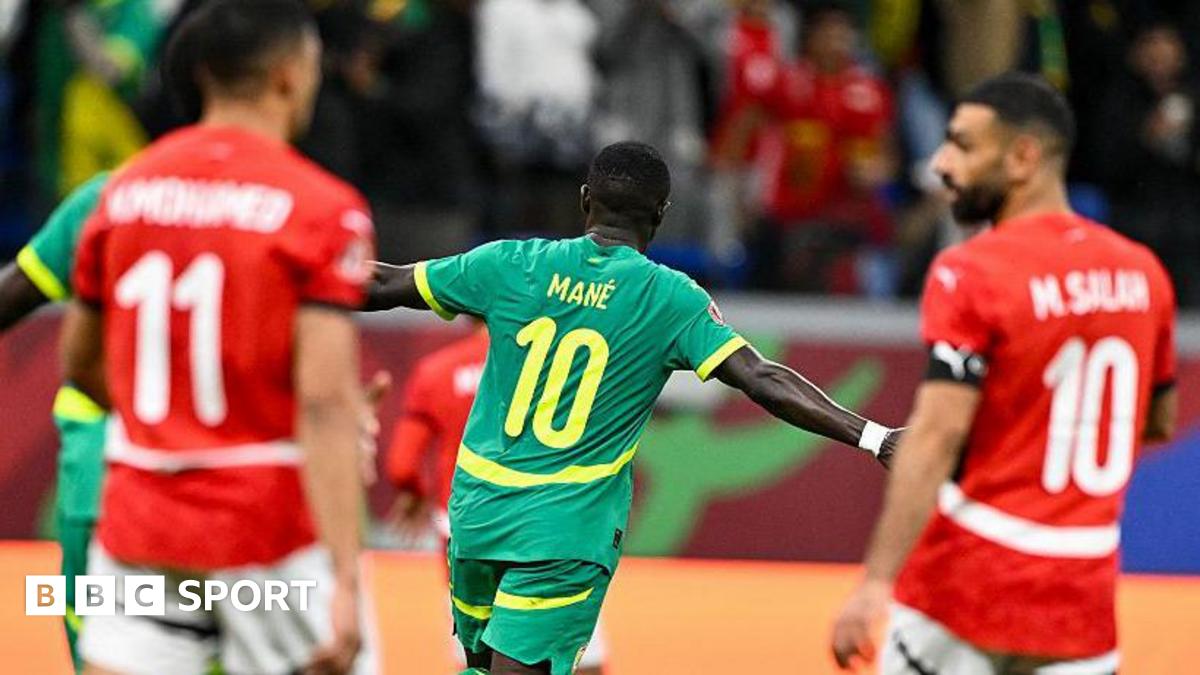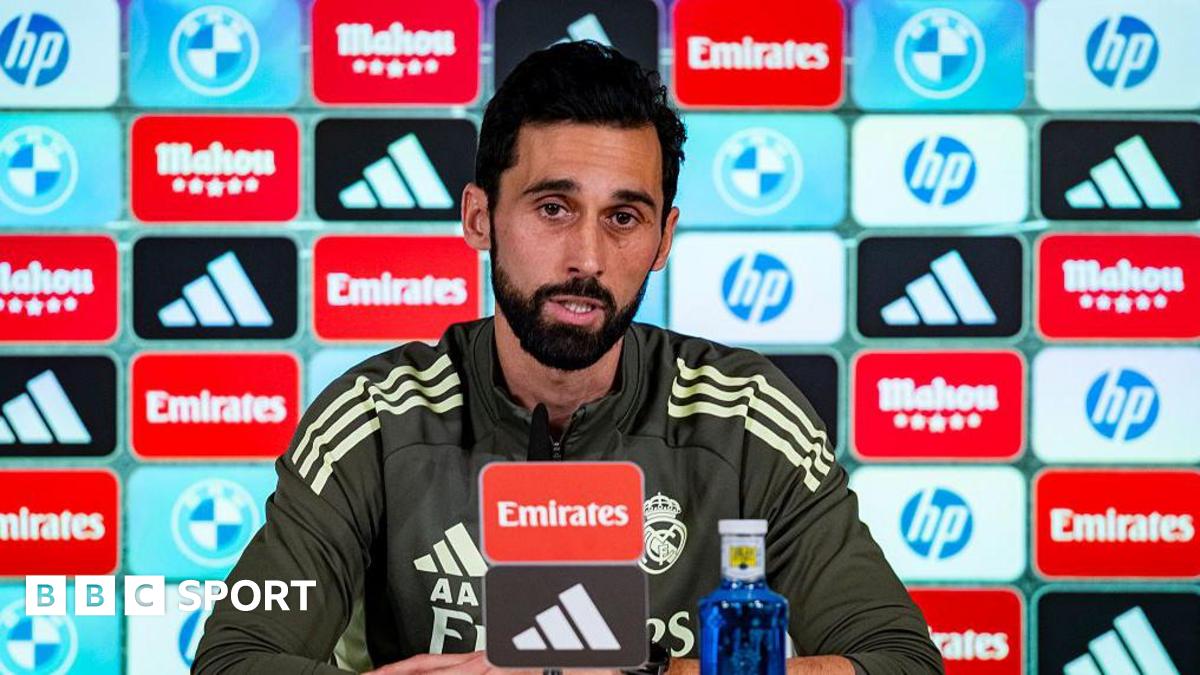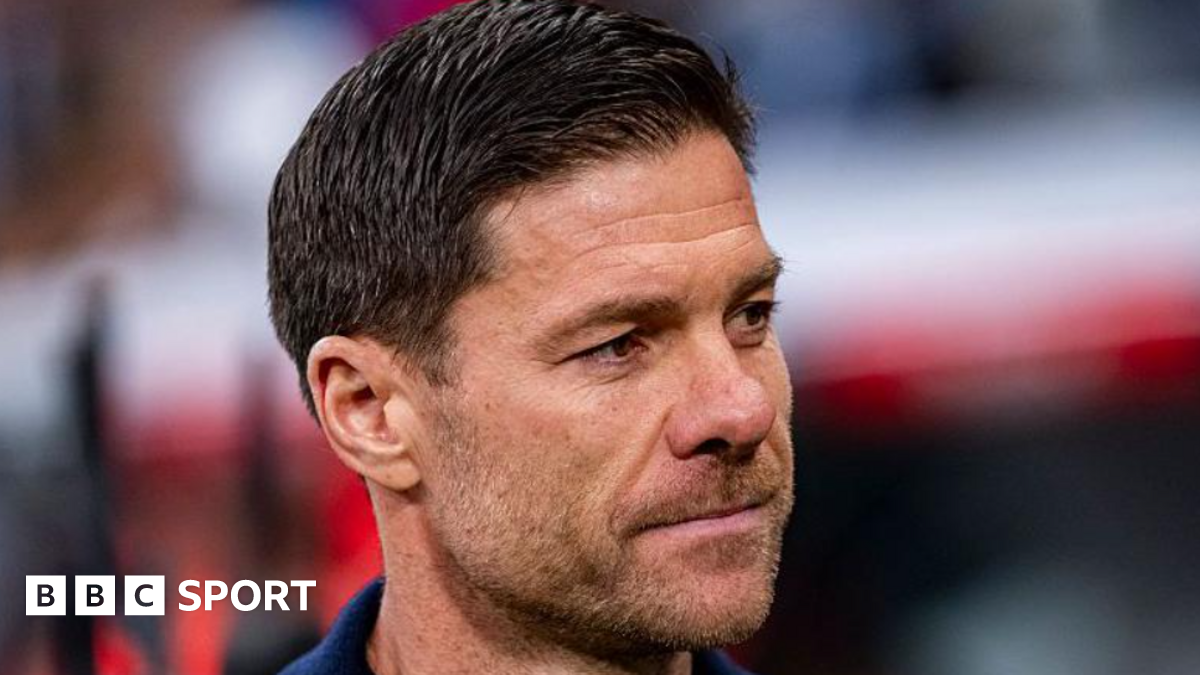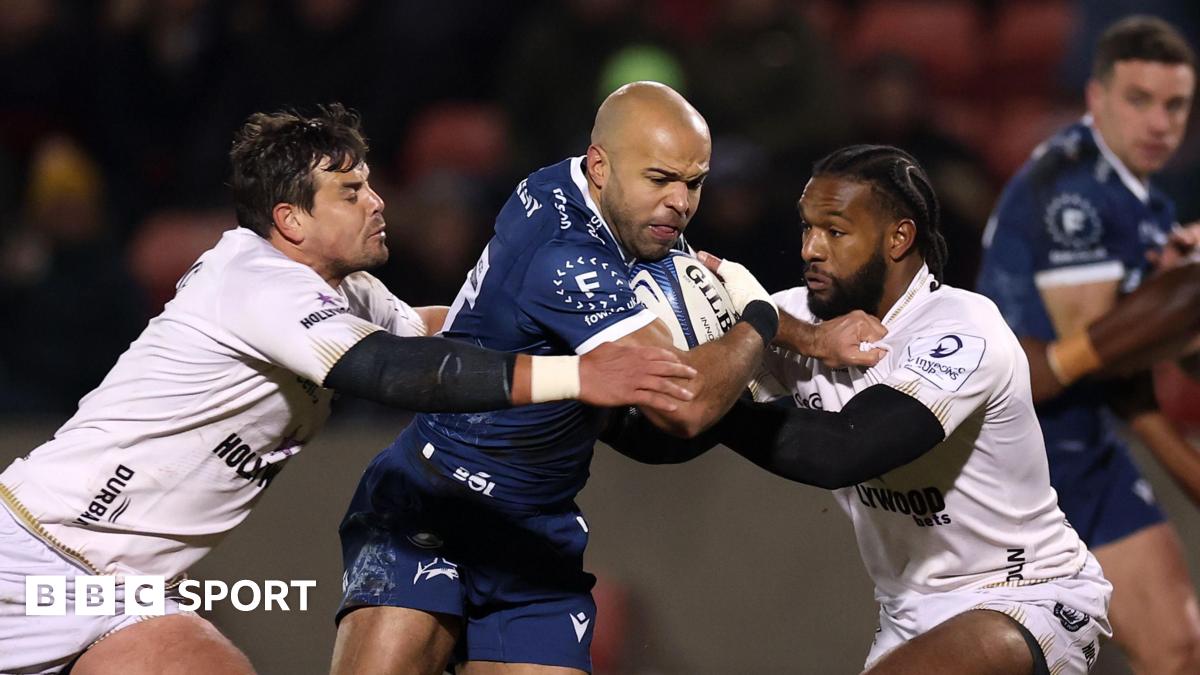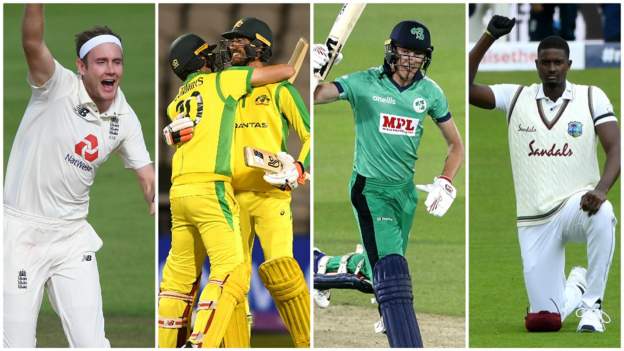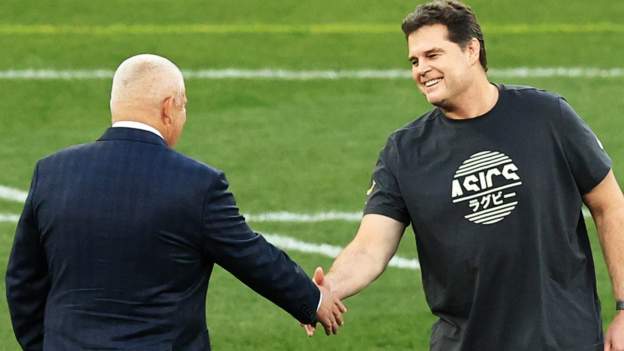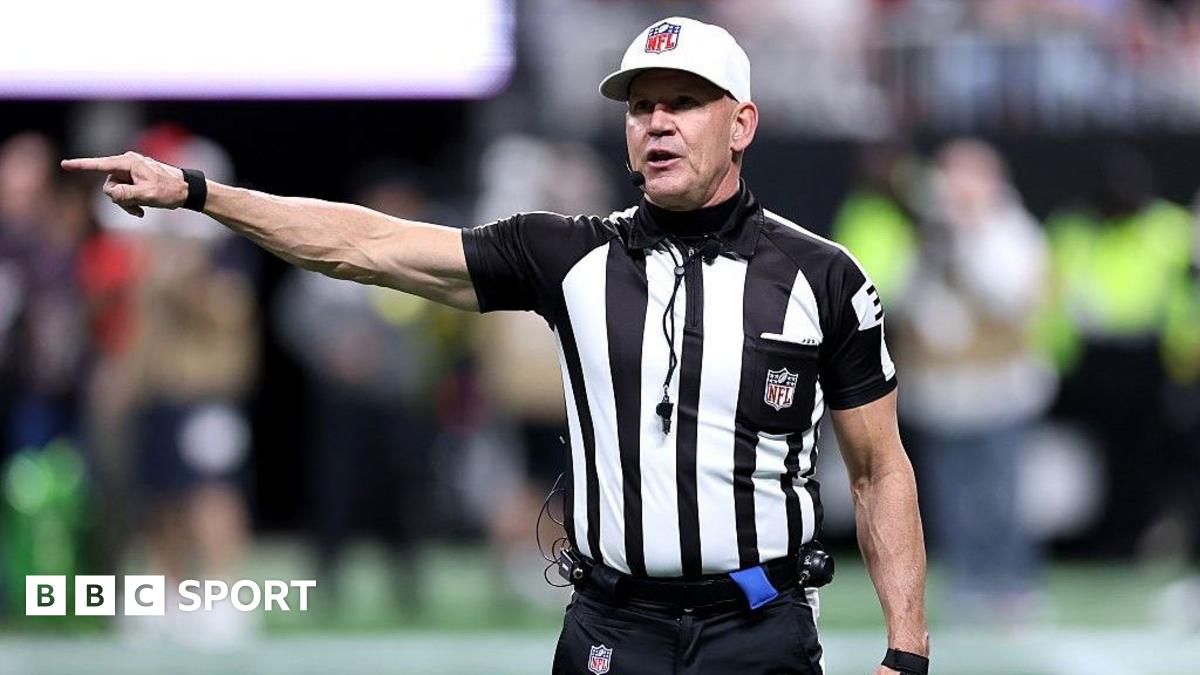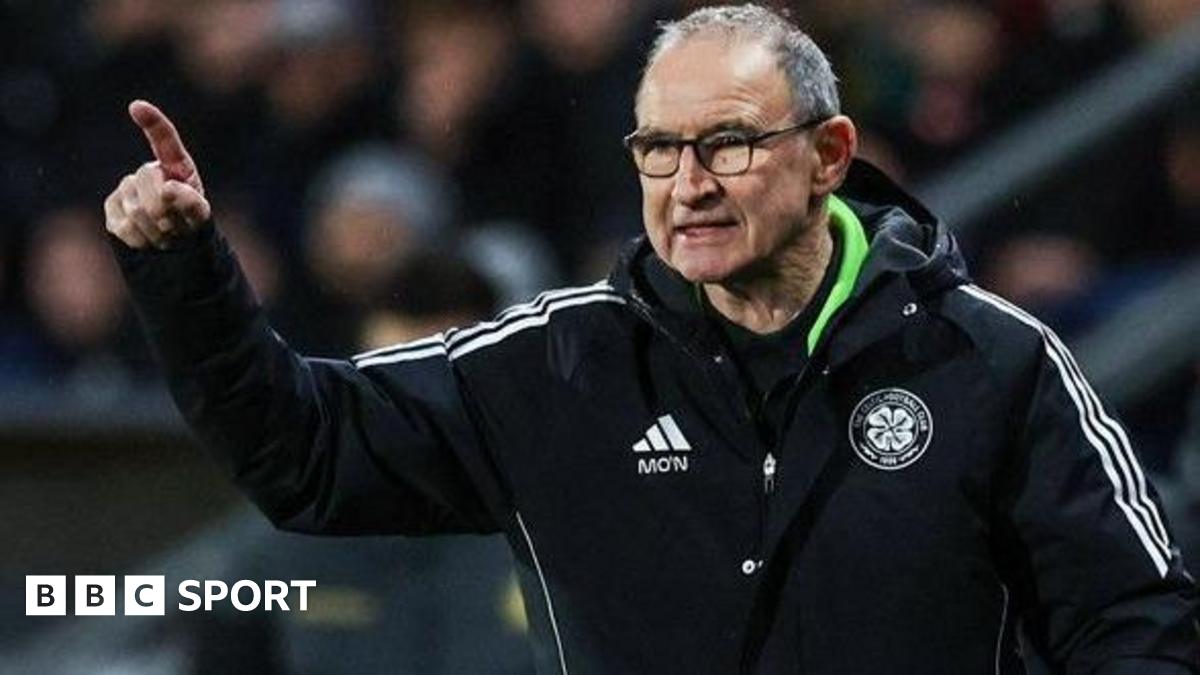Twelve months on from Stokes, Smith, super overs and Headingley, the most contrasting men’s international summer comes to a close.
Delirious fans replaced by empty seats, those lucky enough to be in attendance cocooned in the bio-secure bubble.
Given the circumstances, it is remarkable England have managed to complete their intended schedule, and the cricket played has been compelling.
There is still more to look forward to – England women’s series against West Indies, the conclusion of the Bob Willis Trophy, the T20 Blast and the Rachael Heyhoe Flint Trophy.
For now, though, let us celebrate what England, West Indies, Ireland, Pakistan and Australia have served up.
Man of the summer
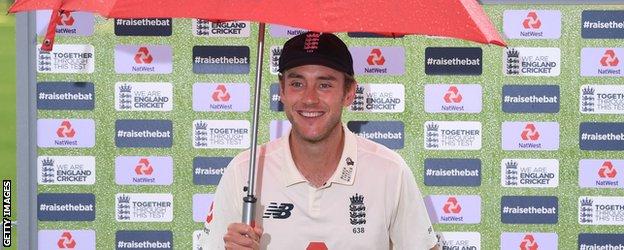
During the first Test against West Indies, Stuart Broad may have wondered if the days of his stellar career were numbered.
Left out of the England team, the pace bowler vented his feelings in an interview with Sky. When he returned for the second Test, he set about showing what he is still capable of.
The result was 29 wickets – including his 500th in Test cricket – at 13.41. He also averaged 41.33 with the bat.
His brilliance complicates England’s succession planning, but if he produces something similar over the next year or so, Broad can be a real asset on the Ashes tour of 2021-22.
Honourable mentions go to the rejuvenated Jos Buttler, dependable Chris Woakes, near-infallible umpire Michael Gough and Steve Elworthy, the man who delivered the bio-secure bubble that made it all possible.
Zak Crawley, who struck a majestic 267 in the third Test against Pakistan, was England’s find of the summer.
Moment of the summer
There were times when you could only imagine what the atmosphere would have been like had a crowd been present.
Buttler and Ben Stokes striding out to open the batting on the fourth evening of the second Test against West Indies, Woakes completing an unlikely run chase in the first Test against Pakistan and the final two one-day internationals against Australia are all occasions when Emirates Old Trafford would have been bouncing.
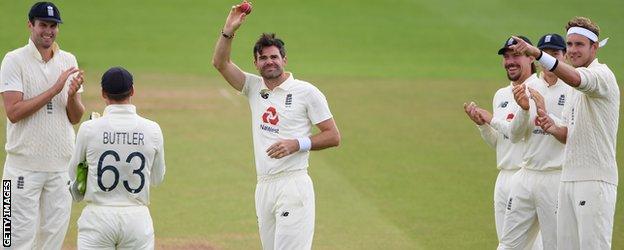
They would have all been topped, however, by James Anderson becoming the first fast bowler to reach 600 Test wickets.
After a poor summer, Anderson had been forced to dismiss any suggestion of retirement before the final Test against Pakistan; then the Southampton rain threatened to leave him stranded on 599 with no clue when he might next get an opportunity to take one more.
An empty stadium would not have been the preferred setting for his latest moment of history, but that is to take nothing away from Anderson’s mammoth achievement, one built on skill, desire and longevity.
We should also remember Ireland’s magnificent chase of 329 to win the third ODI and the powerful sight of all the England and West Indies players and staff taking a knee as part of the Black Lives Matter movement.
Not only was it a symbol of support for the protests taking place across the globe in the aftermath of the death of George Floyd, but also a show of unity between two teams who had somehow made it on to the field to compete in the midst of a global pandemic.
English cricket owes a debt of gratitude to each of Ireland, Pakistan and Australia, but special thanks must go to West Indies. Their men were first to arrive and they have subsequently rescued the women’s summer.
Planning award
When first floated, the idea of international cricket taking place inside a bio-secure bubble, with teams staying, training and playing in the same place, seemed fanciful at best.
And yet the England and Wales Cricket Board has pulled it off, showing the rest of the world a way cricket can continue in the new normal.
No stone has been left unturned. Visiting teams arrived on charter flights and entered quarantine upon arrival. All inside the bubble have been swabbed, tested and had their movements tracked. The rules have been the same for everyone, from journalists to players, as Jofra Archer found out to his cost.
The audacious plan to get international cricket on has been a complete success and saved the game vast sums of money.
Still, there is a realism about the challenges yet to come, especially following Tuesday’s announcement that the ECB is set to cut 62 jobs.
Most time running the drinks
While it’s right to acknowledge there are greater hardships than being asked to stay in nice hotels and play cricket for your country, it is also fair to say this has been a tough summer for the players.
For some, the reward has been wickets and runs, the thrill of taking part in international sport.
Others, like Jack Leach, did little more than move between the hotel and the pavilion, with the occasional trip to the nets.
From a warm-up match at the beginning of July to finally featuring for Somerset on 6 September, Leach saw no action at all, instead only being seen running drinks in a pair of blue surgical gloves.
Last summer, Leach was the toast of English cricket. Since then he has suffered a bout of sepsis on tour in New Zealand, come home early from the tour of South Africa and been locked in the bubble without any cricket to show for it.
The hope is that fortunes improve for one of the game’s most likable characters.
Takeaway master
Not content with being England’s all-time leading run-scorer and a knight of the realm, Alastair Cook took on a new title – king of the curry.
Looking for a change from hotel food, Sir Chef asked the BBC team if they would join him in enjoying a takeaway one Saturday night in Southampton.
Cook delivered a banquet and also spawned a tradition that ran for the rest of the summer. Michael Vaughan went Japanese in Manchester, while Jonathan Agnew even enlisted the help of celebrity chef Tommy Banks.
Not content with that, Cook would later produce brownies baked by his daughter.
Cook by name…
Biggest error
A few contenders here. Archer’s trip to Brighton must surely be the only time someone has missed a Test for going home, while West Indies captain Jason Holder fielded first at Old Trafford twice and lost on both occasions.
However, Michael Vaughan somehow locking the keys in the boot of his own car takes some beating.
What followed was two members of the Test Match Special team – Cook and Phil Tufnell – confidently claiming they could break in, only for neither to have any success.
In the end, it needed the Twitter intervention of the president of the AA to get the former England skipper back on the road.
Broadcasting breakthrough
When he first joined the TMS team, Carlos Brathwaite had no idea what the Shipping Forecast was.
By the third Test of the summer, the West Indies all-rounder was reading it.
A little nervous before tackling the Radio 4 institution, Brathwaite rehearsed his lines and delivered word perfectly.
T20 World Cup winner, voice of the Shipping Forecast. Remember the name…


